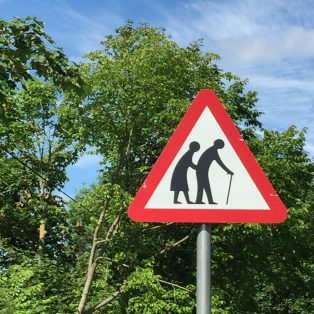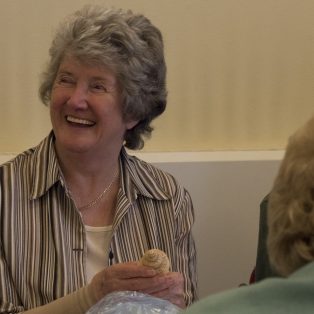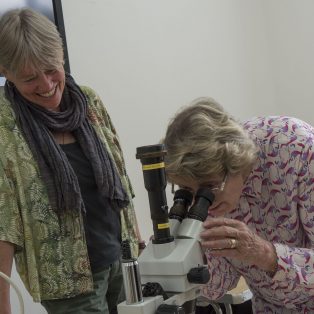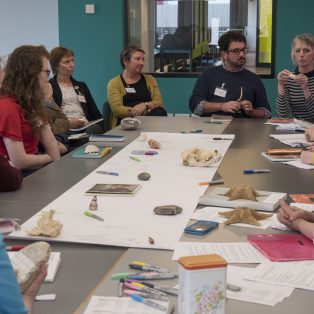Why is Encountering the Unexpected so timely?
The world’s population is ageing and museums could play a significant role in engaging older people, supporting them to live well, to come to terms with the changes brought about by ageing, and challenging negative perceptions of older people and ageing that are embedded within society. However, the negative experience of older age is a pressing social justice issue within a culture of paternalism and ageism (unjustifiable prejudice and discrimination towards older people), contributing to the sense that older people are no longer independent, valued and contributing members of society. Older people often absorb these negative attitudes – leading to loss of confidence, withdrawal, isolation and invisibility – or feel compelled to ‘fight the signs of ageing’ and aspire to be ‘ageless.’
We need a concept of ageing that helps us respond to the changes brought on by ageing in a meaningful way. Older age can be limiting – we should not deny the reality of ageing – but can also be liberating. Ageing well requires a shift in societal attitudes and engagement from a broad range of agencies and organisations. Encountering the Unexpected looks at the implications for museums – how can museums help people to live and age well?
Find out more about the big ideas that shaped our thinking below. Full references and exploration of these issues can be found in the Unexpected Encounters publication.




